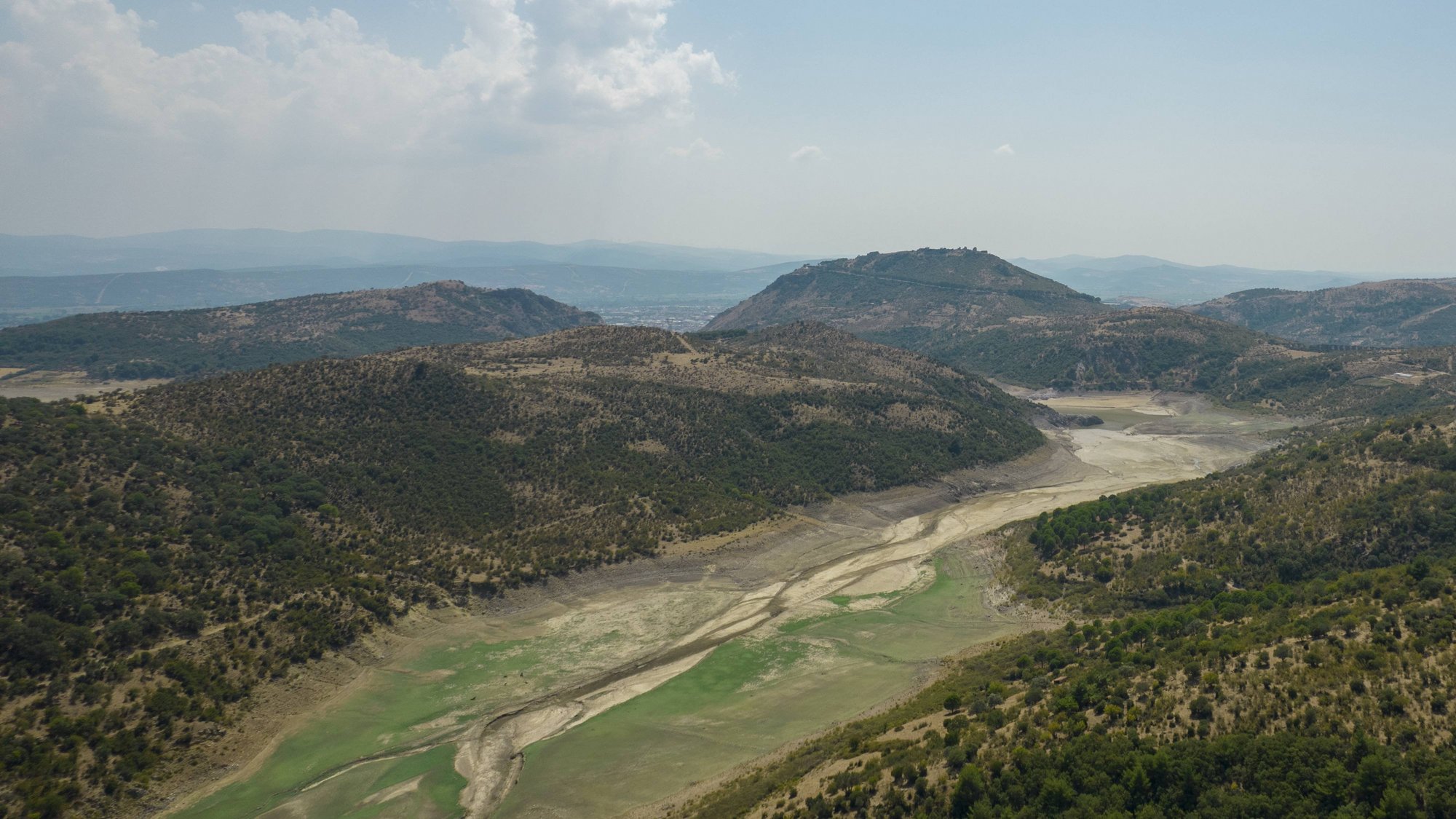Überblick
The Istanbul Department of the DAI has established Research Networks since 2007, primarily involving young scholars from German, Turkish, and international academic institutions. Led by speakers John Haldon, Felix Pirson, and Chris Roosevelt, with invited participants Lee Clare, Dries Daems, Burcu Erciyas, Elif Koparal, Christina Luke, Rana Özbal, Andreas Schachner, and Çetin Şenkul, the current Research Network aims to explore socio-ecological approaches to Anatolia's history and archaeology over a period of 3 years. After a competitive application process, we were able to win 14 more participants to form a transdisciplinary team.
Recent studies have highlighted the significance of environmental changes in transformational processes throughout human history. While this presumption proves to be true to a certain extent, it should not be understood as a monocausal correlation, but rather as an integral element of the complex adaptive system of historic human-environment interaction. The level of complexity often seems overwhelming and impossible to manage; however, studies on a regional or micro-level scale might hold the key to a better understanding. In order to establish comparability between studies and bridge temporal and spatial distances within the rich history of Anatolia, we propose to use the framework of social metabolism and socio-ecological models. By making use of different approaches, the aim is to create a basis for meta-analyses or `bigger narratives´ of the complex hybrid system between the ecological and socio-cultural spheres.

